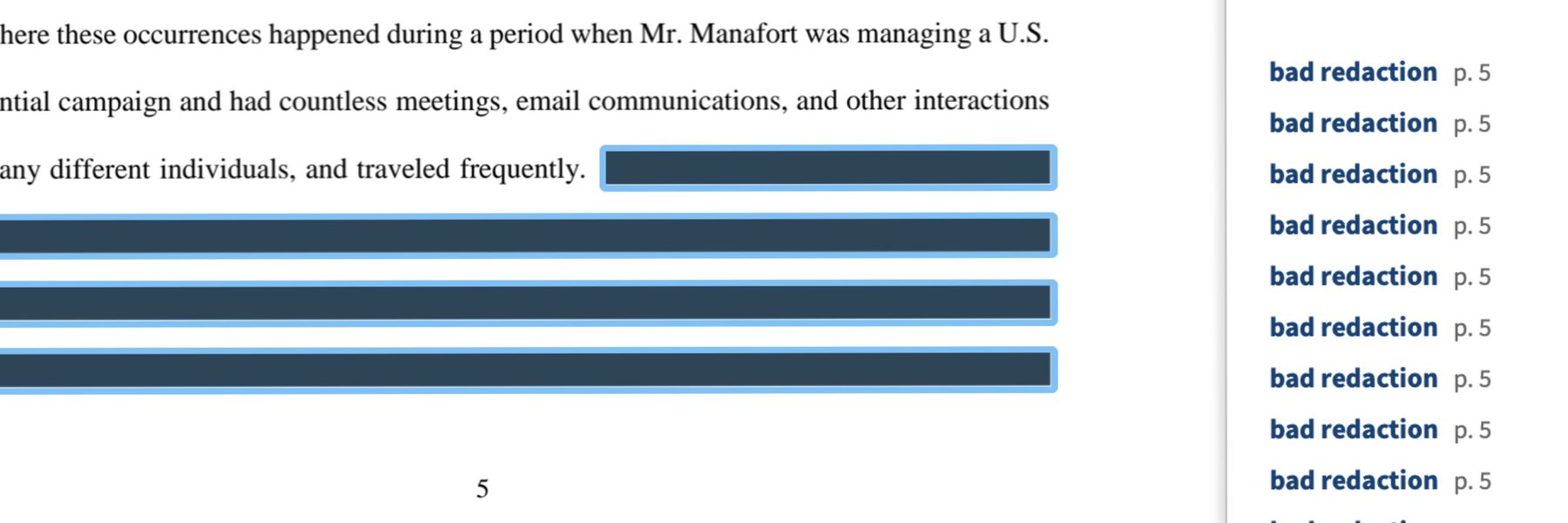Back in May, the Electronic Frontier Foundation (EFF) graciously offered to represent MuckRock in court after three companies sued us for hosting public records released to Phil Mocek. So far, two of those suits were dropped, and this week, EFF has filed to end the third.
Read EFF’s full statement below, or on their Deeplinks blog.
After successfully defending MuckRock’s First Amendment right to host public records on its website earlier this summer, EFF filed documents in court on Monday seeking to end the last lawsuit brought against it in Seattle.
The lawsuit was one of three filed by companies against MuckRock, one of its users, and the city of Seattle after the user filed a public records request in April seeking information about the city’s smart utility meter program, including documentation of the technology’s security.
The lawsuits were all aimed at preventing disclosure of records the companies claimed contained trade secrets. In one of the cases, a company obtained a court order requiring MuckRock to de-publish two documents from its website that the city had previously released. A court quickly reversed that clear violation of MuckRock’s First Amendment rights and MuckRock put the public records back online.
After the dust settled, companies in two of the lawsuits agreed to dismiss MuckRock. This occurred after EFF explained that the website is an online platform that hosts its users public records requests and any documents they receive. As such, MuckRock did not actually request the records subject to the lawsuits and merely facilitated and hosted the request by its user.
MuckRock thus has no particular interest in the lawsuits because the underlying dispute is about whether certain documents contained trade secrets that must be redacted or withheld under Washington state’s public records law.
The company in the third case, however, has refused to dismiss MuckRock. This is particularly curious because MuckRock currently does not host any documents from the company, Elster Solutions, LLC, that are subject to the public records request.
EFF’s motion asks the federal court hearing the suit to dismiss MuckRock for two reasons.
First, the motion argues that Elster has failed to allege that MuckRock has done anything wrong that would make it subject to the lawsuit.
Second, the court cannot entertain any claims against MuckRock because it is immune from suit under 47 U.S.C. § 230, a provision of the Communications Decency Act (often referred to as Section 230).
Section 230 provides broad protections for online platforms such as MuckRock, shielding them from liability based on the activities of users who post content to their websites. Given that broad immunity, MuckRock cannot be sued for hosting public records sought by one of its users regardless of whether they contain trade secrets.
We are hopeful that the court will dismiss MuckRock from the suit and allow it to focus on maintaining and improving its online public records platform. EFF also thanks our local counsel, Venkat Balasubramani of FOCAL PLLC, for his assistance with the motion.
Image via Wikimedia Commons




